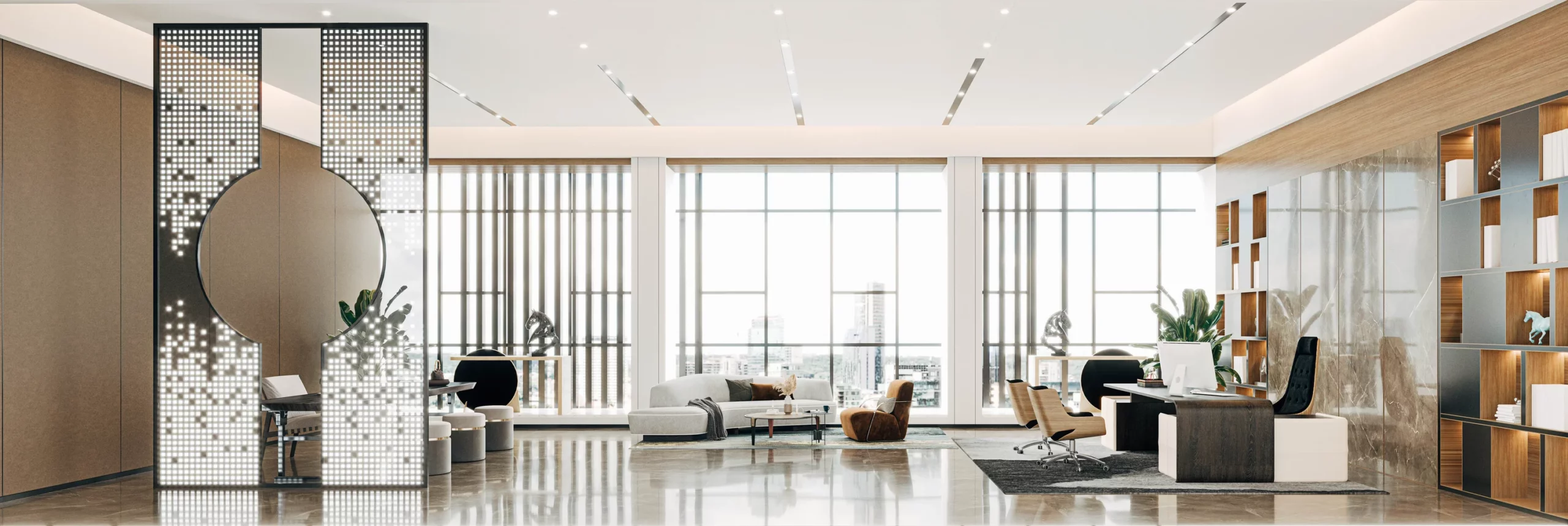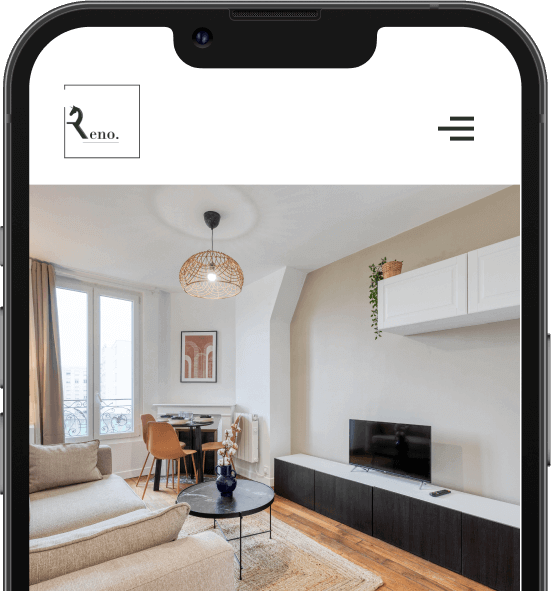Looking to spruce up your home? Or perhaps you're itching to change the ambiance of your décor? Find the best value for your renovations and enlist the right professional to guide you. Indeed, deciding who to entrust with the interior design of your home isn't always easy. Several specialists offer their services in the field, namely interior architects and interior decorators. These two professions often overlap as they both handle the arrangement of your interior space. However, they are distinct professions, and the outcome of your project depends on the artisan you choose. From mission to training to pricing, discover the differences between these two experts here.
Roles of Each Professional
Interior architects and interior decorators offer different but often complementary services. Depending on the client's needs, it may be more appropriate to opt for one over the other. Here are the various services offered by these professionals.
Interior Decorator: A Specialist in Interior Decoration
Also known as a décor coach or interior stylist, the interior decorator, as the name suggests, focuses on decorating the interior of a space without altering its structure. With a strong understanding of spatial design and furniture trends, they can advise, optimize, and harmonize your interior spaces.
These decorators can work in private and public spaces such as apartments, offices, or shops. Depending on the client's desired decor style, they'll handle furniture selection, decorative accessories (coverings, curtains, tiles, lighting fixtures), color schemes, and materials that enhance the aesthetics of the home. Their role is to ensure the visual aspect and aesthetics of a room.
Engaging a décor coach allows you to benefit from their creativity. After discussing with the client, they present their ideas in the form of sketches, 2D or 3D views. This allows the owner to have a visual understanding of the project and make adjustments as needed.
Interior Architect: A Specialist in Interior Design
As for the interior architect, they handle more technical projects. They conceptualize spaces, carry out designs according to your needs and requests, and oversee your project from start to finish. Sometimes they may offer interior decorating services, but unlike interior decorators, they focus primarily on interior architecture.
This type of architect may remove partitions or install a staircase to connect two levels. They can update lighting and advise on material choices and furniture layout. However, they are not authorized to modify the building's structure. As project managers, they oversee potential artisans who will carry out these tasks. Another primary role is to transform homes, apartments, offices, or performance spaces to make them more welcoming and comfortable.
The role of an interior architect may extend to renovation, construction, or room extension. Typically, they conduct feasibility studies to address specific issues (water supply and drainage, stair construction, height calculations, etc.). They can also obtain building permits or prior declarations for exterior modifications. Like decorators, they are skilled in 3D visualization, technical drawings, and sketches.
Training for Both Professions
Training in interior decoration or architecture is aimed at both students and professionals. The objectives remain the same: to provide all the essential knowledge about space planning, furnishing, and creating a particular ambiance in the home.
Architecture Training
As an interior architect is capable of creating new spaces or expanding existing ones, it's essential for them to have basic building knowledge. The major difference compared to a decorator lies in the diploma. This professional must hold a bachelor's degree or a master's degree. Their qualifications can be certified by two organizations, the CFAI (French Council of Interior Architects) and the UNAID (National Union of Interior Architects). It's worth noting that several schools can provide training for these future professionals. After 3 or 5 years, they will master technical knowledge, design and drafting software, as well as develop skills in architecture and space design.
Decoration Training
To pursue a career as an interior decorator, unlike an architect, it's not mandatory to have a diploma. However, it requires a solid understanding of design, along with certain technical and artistic skills. Nonetheless, one can undergo initial training, such as a BTS (Higher National Diploma) in space design, or opt for a career change. It's important to note that decorator diplomas have multiplied but are not always recognized by the state. Moreover, training in major art schools constitutes the most prestigious curriculum. There are options ranging from a 2-year degree (study and implementation of layout), a 3-year degree (professional license in layout), to a 5-year degree (DSAA [Higher Diploma in Applied Arts] in spatial design). These programs are also recognized by the CFAI.
Service Costs for Decorators and Architects
Given the differences in training and the nature of the professions, service prices vary. In general, the fees of an interior architect are significantly higher than those of decorators because structural work entails higher costs than space design.
It's difficult to provide exact pricing for each professional as it depends on the scope of your projects and the labor costs of the specialists you hire. For an interior architect, the initial visit with an assessment of the project can cost around 150 euros. For an interior decorator, budget approximately 500 euros to arrange a room. Clearly, the final invoice should not exceed 12 to 15% of your total project cost! Therefore, choosing between an architect and an interior decorator depends entirely on your project.
Additional Differences to Highlight
Interior architects and interior decorators are two closely related professions. However, there are differences in the personality traits of each technician. Clients can therefore choose the one that suits their project needs best, to find the best value for their renovations, based on the following qualities.
A Great Interior Decorator :
-
- enjoys advising others on their decor;
-
- keeps up with the latest trends;
-
- has a creative mind;
-
- has a strong preference for lighting fixtures;
-
- stages atmospheres in rooms;
-
- is well-organized and trustworthy;
-
- etc.
A Great Interior Architect :
-
- transforms spaces with precision ;
-
- seeks the best spatial optimization for a location ;
-
- pays attention to the expected outcome by clients ;
-
- is well-organized and highly sociable ;
-
- is knowledgeable about building regulations ;
-
- enjoys managing a project with various craftsmen ;
-
- has a managerial mindset ;
-
- possesses in-depth knowledge of construction or renovation ;
-
- etc.
However, it may be that projects require both redesign work and comprehensive decoration. In such cases, both professions can collaborate.








